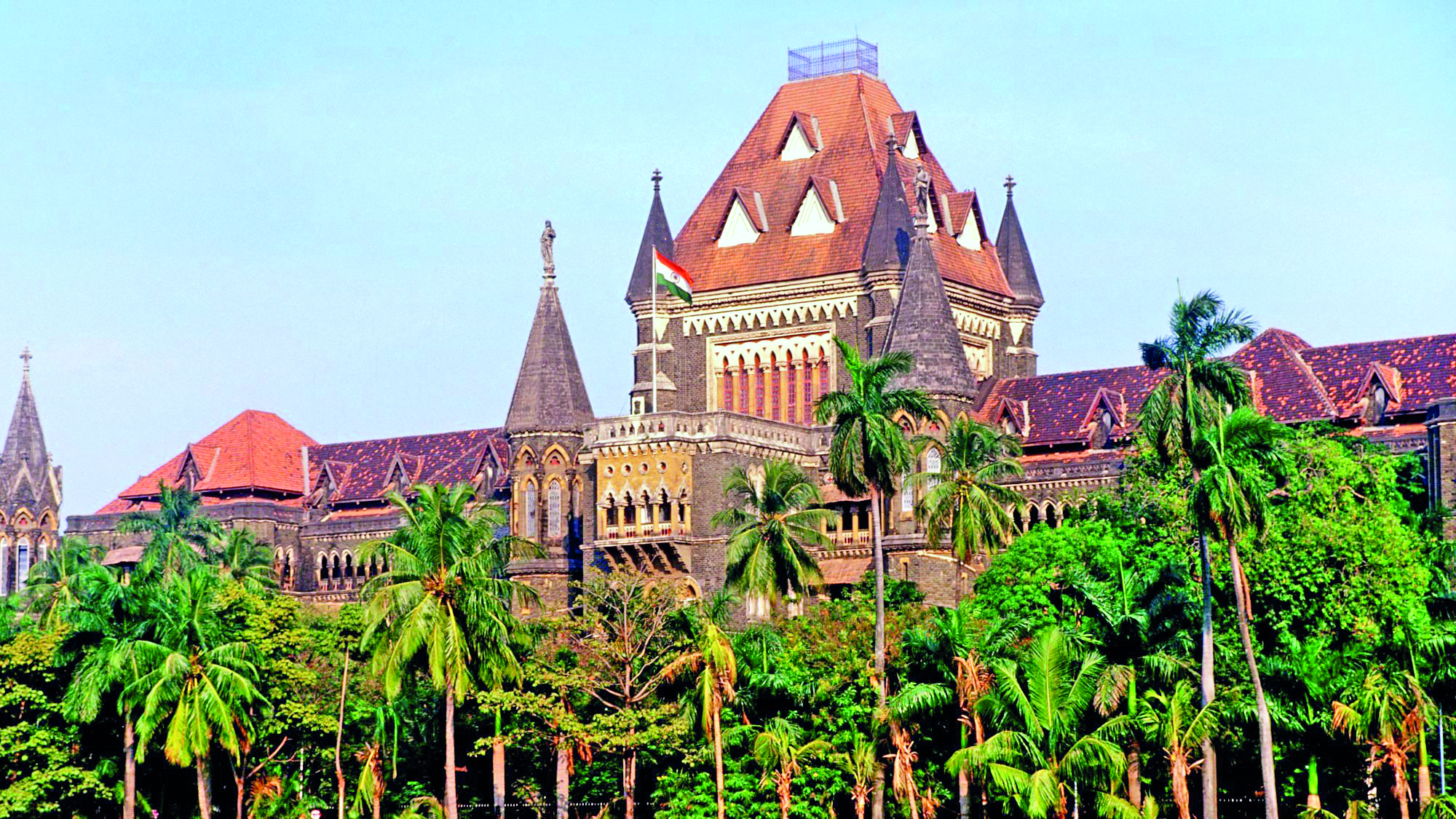Bombay HC delivers split verdict on IT Rules Amendment, Fact Check Unit on hold for 10 days

A division bench of the Bombay High Court on Wednesday delivered a split verdict on a bunch of petitions challenging the amended Information Technology (IT) Rules dealing with fake news against the government on social media.
While Justice Gautam Patel agreed with the petitioners’ contentions, Justice Neela Gokhale upheld the government’s side.
“There is a disagreement between us. I have held for the petitions and Justice Gokhale has held for the government. So now the matter will be heard afresh by a third judge,” Justice Patel said in the courtroom.
The matter would be placed before the Chief Justice of the HC who would assign it to a third judge.
Solicitor General Tushar Mehta agreed to extend for ten days an earlier assurance given to the court that until the judgement was delivered, the government would not notify the Fact Checking Unit (FCU) to be set up under the amended IT Rules to identify and flag off fake, false, and misleading facts on social media.
The bench accepted this statement.
Under the Rules, if the FCU comes across or is informed about any posts that are fake, false or contain misleading facts pertaining to the business of the government, it would flag off the same to the social media intermediaries.
Once such a post is flagged off, the intermediary has the option of either taking down the post or putting a disclaimer on the same. In taking the second option, the intermediary loses its safe harbour/ immunity and stands liable for legal action.
Stand-up comedian Kunal Kamra, the Editors Guild of India and the Association of Indian Magazines filed petitions against the Rules. The petitioners argued that the rules violate Sections 79 and 87 of the IT Act, which protect intermediaries from liability for third-party content. They also claimed the rules infringe on fundamental rights like Article 14 (equal protection) and Articles 19(1)(a) and (g) (freedom of speech) of the Indian Constitution.
Kunal Kamra, who relies heavily on social media platforms for his content, expressed concerns about arbitrary censorship. He argued that his work, often satirical in nature, could be unfairly targeted and taken down under these rules.
The court had previously expressed concerns about the lack of safeguards for satire in the new amendment.
The Ministry of Information and Technology, however, defended the rules, arguing that fact-checking government information by the FCU is in the public interest and helps prevent harm.
Solicitor General Mehta clarified that platforms cannot simply ignore content flagged by the FCU. Failure to act could lead to legal consequences, including the loss of intermediary protections under Section 79 of the IT Act, as the court would ultimately decide.
The petitioners countered that the “illusion of choice” offered to platforms is misleading. They argued that anything short of taking down flagged content, even adding a disclaimer, could expose the platform to lawsuits.
Concerns were also raised about the broad definition of “information” in the IT Act and how it applies to the rules. The petitioners argued that allowing the government to define “fake,” “fact,” and “misleading” information opens the door to arbitrariness and discrimination, violating fundamental rights.
Senior counsel Navroz Seervai highlighted the potential for abuse of the rules, citing instances where the government itself disseminated inaccurate information. He argued that the rules could be used to shield the government from criticism and stifle dissent.
Advocate Arvind Datar, representing media organisations, challenged the government’s claim that the FCU is merely advisory. He argued that the FCU’s pronouncements would be tantamount to binding orders, raising concerns about its impact on free speech.
Justice Patel expressed difficulty in limiting the scope of “information” as defined under the IT Act. He questioned how to distinguish “facts” from other forms of expression within the context of the rules.
Datar concluded by urging the court to strike down the rules entirely, stating that they pose a serious threat to freedom of speech, a fundamental right that must be protected.
The Editors Guild, through Advocate Shadan Farsat, echoed these concerns, highlighting the ambiguity surrounding “facts’’ related to the “business of the government.” They argued that different interpretations of government actions, such as the number of COVID deaths or the adequacy of oxygen supplies, could lead to arbitrary censorship.
On April 6, 2023, the Union government promulgated certain amendments to the Information Technology (Intermediary Guidelines and Digital Media Ethics Code) Rules, 2021.



